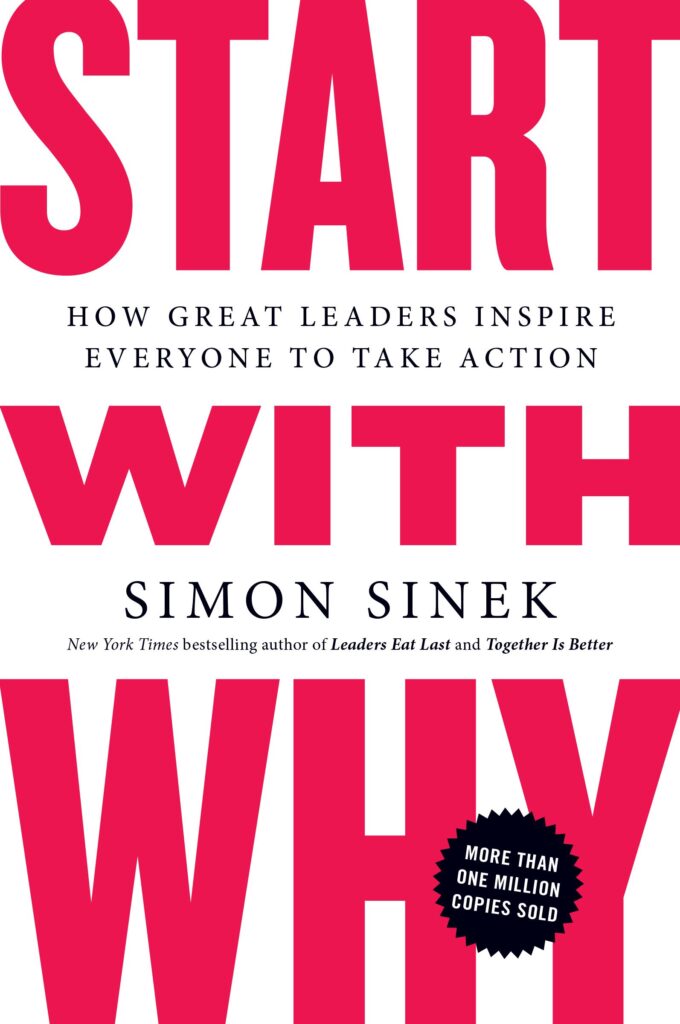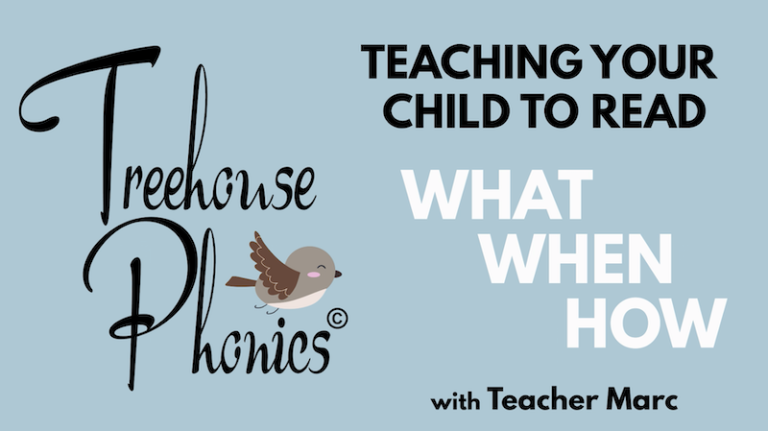Handling Homeschool Doubt
Homeschool doubt can lead to decision paralysis and have you questioning whether you made the right decision to homeschool or quit altogether. Learning to handle doubt is essential.
Start with WHY
Pulling your child from traditional schooling took courage and somewhere along the way you built up the courage to look the system in eye and say; “I can do better at home.” Every once and a while you need to reflect and paint a vivid picture in your mind as to WHY you made this life-altering decision for you and your child.
For some, the decision to homeschool did not feel like a choice. Picturing the why, can stir some unpleasant memories where you might have even feared for your child’s safety or watched week after week while your little one seemed to disappear in the classroom with a teacher who failed to meet the needs of your child’s unique style of learning or even acknowledging that a disability might be holding them back. I can guarantee that if temporarily reflecting on the why makes you a little uncomfortable, allowing doubt to take root will be a far more unpleasant and longer-lasting anxiety.
So whether you chose to homeschool or felt forced to do so in some way, the reality is that you are homeschooling now and we can’t own “now” if feelings of doubt have you questioning past decisions. You may even benefit from making a list of reasons why you chose to homeschool. Keep it close to you when you feel even a hint of doubt crawling into your mind and heart. Reflect on why, own the present, and try your best to move on and enjoy the journey.
If you need help with the whole concept of reflecting on the “why”, I highly recommend this wonderful book that really helped me focus on the initial excitement I felt when I started my reading and phonics course. One can easily get overwhelmed and it’s even worse when other, albeit well-meaning people, question your competency and motive.

Recognize the Root Cause
Doubt hits us harder when we are emotionally and mentally fatigued. I’m sure you’d agree that if you could choose between emotional fatigue or physical exhaustion, you’d choose the latter. We just can’t function when the mind is overloaded. System shutdown! We’re no good to anyone then.
Here are a few reasons in your homeschooling that may have set the tone for how you feel.
1) Your schedule may be wound so tight that you forgot to create spaces in your day that allow for disruptions and a little chaos from time to time.
2) Your expectations are higher than they need to be.
3) You’re comparing yourself with other homeschoolers or even worse, the classroom you pulled your child from.
4) Naysayers have offered their less-than-constructive advice, leaving you questioning past decisions and every move you make henceforth.
Doubt does not spring from nowhere. It’s a creepy little weed that, if spotted early, can be squashed and pulled clean out of your thoughts for good.
Besides reflecting on the reasons why you homeschool your child and ways in which we can spot the root cause of doubt, what are further tools we can use from our mental wellness toolbox?
Taking a Break
It’s even better if you don’t plan it. Go full-on random with it. If you and your child are going over a math worksheet and you are annoyed by the sun too shining too bright through the window? Don’t shut that blind! Open the front door, forget the math, and enjoy a beautiful summer day. Taking a break from your current curriculum is simply that; a break. You haven’t thrown all caution to the wind or abandoned anything. It will be there when you get back.
If the curriculum is feeling a little dull, switch things up a little. If your child has expressed an interest in a subject outside the curriculum, by all means, EXPLORE! Let your children have a say in your planning. Their input may surprise you! Have fun with it. In due time you can return to your regularly scheduled homeschool program.
Me, Myself and I
You need to take care of yourself also. Children are way more intuitive than we sometimes give them credit for. They can spot burnout and mental fatigue a mile away. If fact, if your child is especially sensitive to your emotional barometer, they won’t have the clarity of thought to absorb new material and that will just exacerbate frustration for everyone.
You are doing yourself and your child a huge favor by pausing and stealing a little ME time for yourself. I said “stealing” because at first, you may think you are taking time away from spending precious moments with your child, BUT, in effect, you are sending a clear and positive message of self-respect and modesty to your child that will help them learn that being kind to oneself is not an act of selfishness. So, whatever that Me day happens to be or even a Me hour, you know what works best for you, and if a little pampering resets your stress levels, it’s a need not a want.
From “What now?” to “Now THIS!.”
Your doubts may spring from feeling ill-equipped or lacking a particular skill set needed to fulfill your homeschooling functions. Doubt is telling you “Why” when the real reason may be that you are asking; “What now?”. Knowing what to teach, when to teach it, and how to teach is essential for feeling completely competent and equipped for what lies ahead.
The first step is to reflect on the primary goals for the year in each core subject and reverse engineer a timeframe that allows you to set mini-milestones that reflect whether you and your child are on track or need to catch up a little.
My mother once told me that she prefers sitting by the lake rather than on a beach. She said the ocean made her feel uncomfortable because she could not see the other side. No endpoint. The lake, however, brought her comfort, knowing there were clear boundaries to be seen. Having no tangible goals is like drifting at sea with no land in sight. Terribly disconcerting. Instead of doubting your own abilities, question your compass, the map you’re using, or the vessel you’re in.
Having clear, definitive goals will also help you filter out the unnecessary things that will pull you off course and have you questioning your own effectiveness as a teacher. Solid goals based on a solid curricular framework will have you saying; “Now this!” instead of “What now?”
In all, Homeschool Doubt is mentally exhausting and will rob you of the joy you should be experiencing each and every day of your child’s learning journey. I hope this article can rekindle that joy for you and embolden you to grab doubt by the horns, stare it in the face, and say; “Not today. Not ever”



